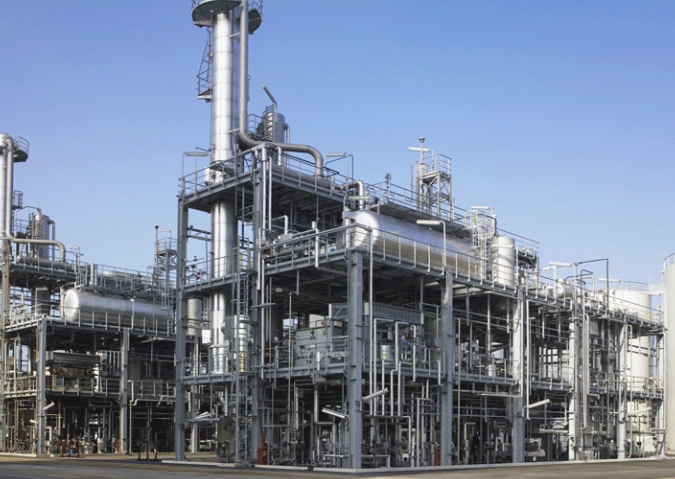
Calcined petroleum coke (CPC) is a versatile carbonaceous material with a multitude of industrial applications. While it is widely known for its significance in the aluminum and steel industries, its role in the chemical sector is equally vital but often less recognized. This article delves into the diverse applications of calcined petroleum coke in the chemical industry and its impact on processes, sustainability, and product quality.

Calcined petroleum coke is derived from the high-temperature treatment of green petroleum coke, typically at temperatures ranging from 1200°C to 1400°C. This process removes volatile compounds and leaves behind a material with elevated carbon content. CPC is characterized by its high carbon purity, low impurity levels, and desirable physical properties like density and electrical conductivity.
One of the crucial applications of calcined petroleum coke in the chemical industry is as a catalyst support. Various catalytic processes rely on solid catalysts, and CPC provides an ideal support material due to its high surface area and stability. It acts as a carrier for active catalytic components, enhancing the efficiency of chemical reactions.
Desulfurization is a vital process in the chemical industry, particularly in the production of clean fuels and chemicals. CPC can be employed as an adsorbent material for removing sulfur compounds from various feedstocks. Its porous structure and high carbon content make it effective in reducing sulfur content in fuels and chemicals, contributing to environmental compliance and product quality.
Calcined petroleum coke is used in the production of carbon electrodes, which find applications in the chemical industry, specifically in the manufacturing of chlorine and sodium hydroxide by the chlor-alkali process. Carbon electrodes play a crucial role in the electrolysis of brine, facilitating the production of these essential chemicals.
In the chemical industry, CPC serves as a precursor material for the production of synthetic graphite. Synthetic graphite has diverse applications, including as an anode material in lithium-ion batteries, in lubricants, and in high-temperature processes. The high-purity carbon content of CPC is a valuable starting point for manufacturing high-quality synthetic graphite.
CPC is sometimes used as a carbon additive in chemical reactions, where it contributes to temperature control and serves as a reducing agent. In some high-temperature processes, the addition of CPC helps maintain the desired reaction conditions, allowing for the efficient synthesis of various chemical compounds.
Sustainability and Environmental Impact
The use of calcined petroleum coke in the chemical industry can contribute to sustainability and reduced environmental impact in several ways:
In desulfurization processes, CPC can help reduce emissions of sulfur compounds, contributing to cleaner air quality. By adsorbing and removing sulfur from chemical feedstocks, CPC aids in meeting environmental regulations and reducing the release of harmful pollutants.
CPC's high surface area and catalytic support properties enhance the efficiency of various chemical reactions. This, in turn, can lead to higher yields, lower energy consumption, and reduced waste generation. The efficient use of CPC can promote resource conservation and reduce production costs.
In the chemical industry, CPC is often used in processes where it can be collected and regenerated for repeated use. This recycling and reuse of CPC can lead to cost savings and a reduction in waste generation, aligning with sustainable practices.
Calcined petroleum coke is a valuable and versatile material in the chemical industry, serving as a catalyst support, desulfurizing agent, carbon electrode, precursor for synthetic graphite, and a carbon additive in various reactions. Its high purity, low impurity content, and desirable physical properties make it a preferred choice in many chemical processes. Moreover, the use of CPC can contribute to sustainability, reduced emissions, and resource efficiency in the chemical industry, promoting both environmental responsibility and cost-effective production. As the chemical sector continues to evolve, calcined petroleum coke will likely remain a valuable resource for various applications, contributing to the industry's growth and development.

Write a Message